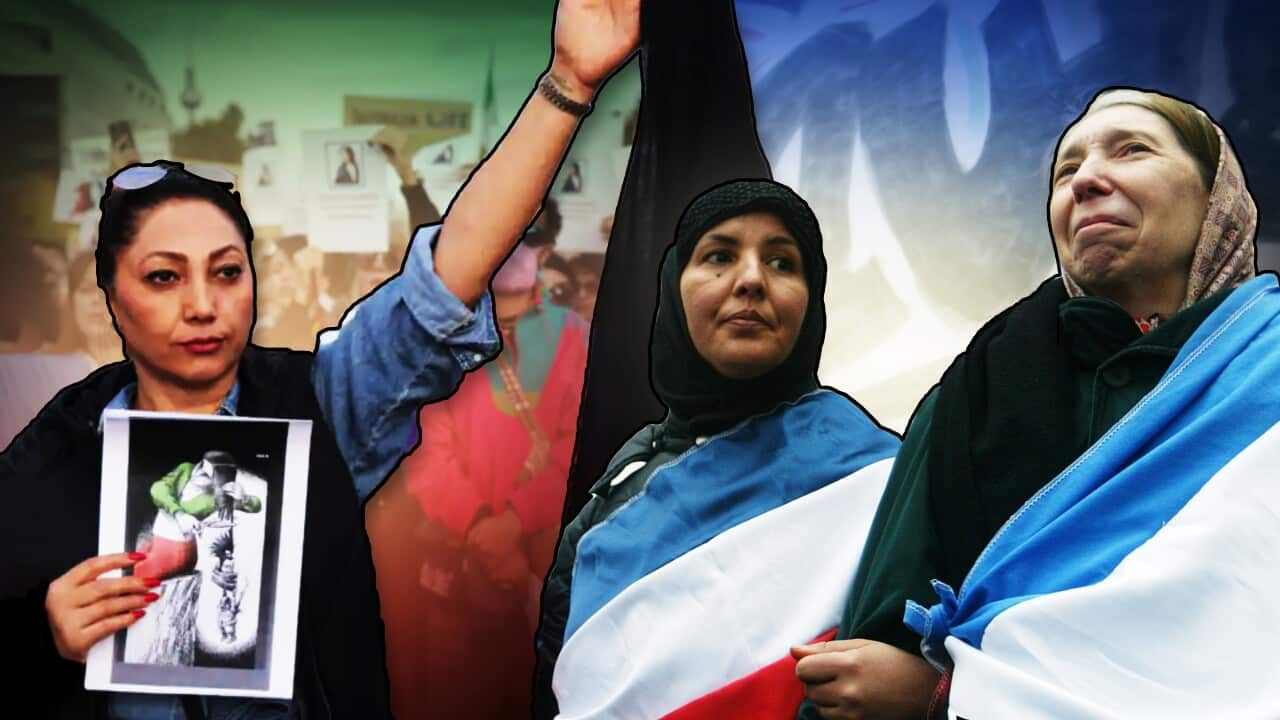Key Points
- Priyanka Chopra has been criticsed for supporting Iran's hijab protests, while keeping quiet on India's headscarf ban.
- The famous actor has been described as a "hypocrite" by critics who have noted her selective activism.
Bollywood and Hollywood actor Priyanka Chopra has come under fire for showing solidarity with women's rights to decide how to dress in Iran while staying silent on the headscarf ban imposed in some Indian schools.
Chopra posted an artwork that shows 22-year-old Kurdish woman Mahsa Amini with smaller images of women raising their arms in protest etched into her flowing hair.
Ms Amini died in custody on 16 September after being arrested by morality police for allegedly not wearing her hijab properly.
Ms Amini has since become a symbol of enormous protests sweeping Iran, as women defy the country's conservative rules by cutting their hair or burning their headscarves on the street.
"The voices that speak after ages of forced silence, will rightfully burst like a volcano! And they will not and MUST not be stemmed," Chopra wrote in her caption last Friday.
"I am in awe of your courage and your purpose. It is not easy to risk your life, literally, to challenge the patriarchal establishment and fight for your rights.
"To ensure that this movement will have a lasting effect, we must hear their call, understand the issues and then join in with our collective voices.
"I stand with you. Jin, jiyan, azaadi … Women, life, freedom."
Critics and activists have been quick to condemn Chopra for lifting the voices of women who demand freedom of choice in Iran, while remaining silent on the ongoing legal battle for students to wear the hijab in Karnataka, a southern state in her home country of India.

Protests erupted across India over a hijab ban imposed at schools, restricting Muslim schoolgirls in Karnataka. Source: Getty / Hindustan Times
Many Muslim school students based in Karnataka have felt their right to education has been stripped of them because they can no longer wear a hijab, widely seen as an Islamic requirement.
The matter is being brought to Karnataka's supreme court after the high court quashed hopes of schoolgirls wearing the hijab in May.
"Those Indian stars support Muslim women's choice not to wear hijab in Iran; why were they silent when Muslim women were denied their choice to wear hijab in India?" professor of peace and conflict research at Uppsala University, Ashok Swain, said on Twitter.
"Weren't you in awe of the courage when Muslim female students of schools were fighting for wearing hijab?" a user commented on Chopra's post, garnering more than 400 likes.
"Weren't you in awe and courage when the gates of the schools were shut on their faces but they still stood there demanding their fundamental right to education?"
Activist Nabiya Khan labelled Chopra's activism of "convenience" as "pukeworthy".
"This means nothing when you choose to look away from the plight of hijabi women in India who are denied education for wearing a piece of cloth over their head ... You are a hypocrite," she wrote on Twitter.
India Today foreign affairs editor Geeta Mohan also showed her support for Iranian women, chopping off a lock of hair on the news desk while on air on Friday.
Critics have also criticised the double standards of stars like Chopra and Ms Mohan remaining silent on Bilkis Bano, the Indian woman gang raped in the 2002 anti-Islam riots, whose story has been of major public interest in India.
Headlines of the tragedy re-emerged this year after eleven men convicted of the assault and murder of Ms Bano's 14 family members were released in August this year by the Gujarat government, sparking outrage from activists and rights groups.
Chopra became a goodwill ambassador for UNICEF in 2016 and has long championed the fundamental rights of children, particularly young girls in India since 2006.












